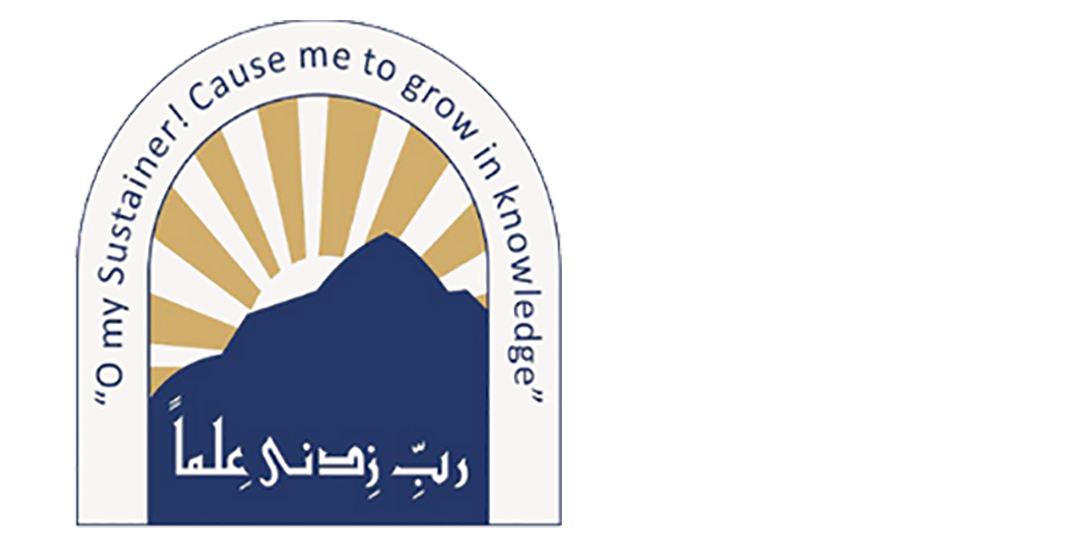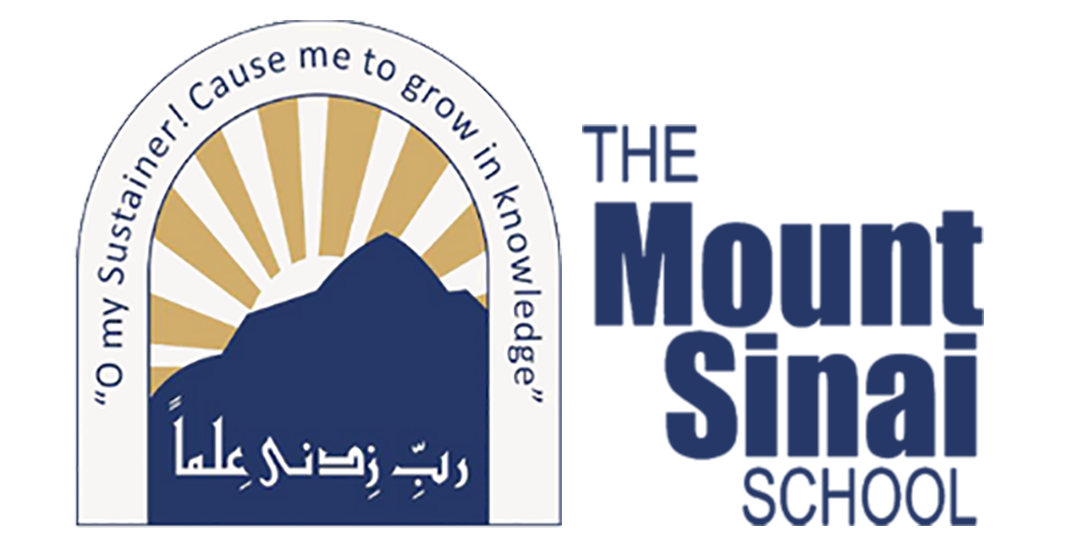
Many students in Pakistan are unsure whether the GED (General Educational Development) diploma is a valid alternative to Matric or Intermediate when it comes to higher education. Parents also worry about whether a GED graduate will face difficulties in applying to universities in Islamabad or abroad.
This confusion often leads to wasted time, wrong career decisions, or even giving up on higher education altogether. Students with international aspirations especially wonder if a GED will allow them to apply to foreign universities or if they will be restricted to local options only.
The good news is that GED is recognized in Pakistan and internationally, and many universities in Islamabad, across Pakistan, and abroad accept GED holders for undergraduate admissions. However, the requirements vary from one institution to another, so it’s important to understand the details.
What is GED and Why Does It Matter for University Admissions?
The GED (General Educational Development) is a high school equivalency diploma that covers four subjects:
- Mathematical Reasoning
- Reasoning Through Language Arts
- Social Studies
- Science
It is widely recognized in the United States, Canada, and many other countries as equivalent to a high school diploma. In Pakistan, GED is accepted as equivalent to Intermediate (FA/FSc) by the Inter Board Committee of Chairmen (IBCC), which makes it valid for university applications.
Can GED Holders Apply to Universities in Islamabad?
Yes ✅. Many universities in Islamabad accept GED holders, provided the equivalence certificate from IBCC is obtained.
Popular universities in Islamabad that have accepted GED students include:
- National University of Sciences and Technology (NUST)
- COMSATS University Islamabad
- Bahria University
- International Islamic University Islamabad (IIUI)
- Riphah International University
However, each university has its own admission criteria. Some may require additional entrance exams (like SAT, NUST Entry Test, or university-specific tests).
GED for International University Admissions
The GED is recognized worldwide, especially in:
- United States (universities accept GED as equivalent to high school diploma)
- Canada (GED accepted by colleges & universities)
- United Kingdom (universities may require GED plus an English proficiency test like IELTS)
- Australia & Europe (GED is accepted, often alongside standardized tests like SAT/ACT)
For international admissions, GED holders typically need to submit:
- GED transcripts
- IELTS or TOEFL (for English language proof)
- Sometimes SAT/ACT scores (especially for US universities)
How Soon After GED Can Students Apply for Universities?
Students can apply for universities immediately after completing GED and receiving their equivalence certificate. The processing time for IBCC equivalence is usually a few weeks, so planning ahead is important.
Advantages of GED for Students in Islamabad & Abroad
- Fast-Track Option: GED can be completed quicker than traditional Matric + Intermediate.
- Flexibility: Students who struggled with the local system or had breaks in education can restart through GED.
- Global Recognition: Opens pathways not only in Pakistan but also in the US, Canada, UK, and other countries.
- Career Opportunities: With GED, students can pursue higher education, professional certifications, and eventually strong career options.
Challenges GED Students Should Know
- Not all universities in Pakistan accept GED (always confirm before applying).
- Some competitive programs (like Medicine, Engineering) may require A-Levels or FSc instead of GED.
- Additional tests (SAT, university entry exams) may be mandatory for admission.
Final Thoughts
Yes, GED holders can apply for universities in Islamabad, across Pakistan, and abroad. The key is to secure your IBCC equivalence certificate and check each university’s specific requirements. With the right guidance, GED can be a smart, flexible, and internationally recognized alternative to Matric and Intermediate.
If you’re considering GED in Islamabad, schools like The Mount Sinai School offer structured preparation, practice tests, and admission support to help students successfully transition to university.

